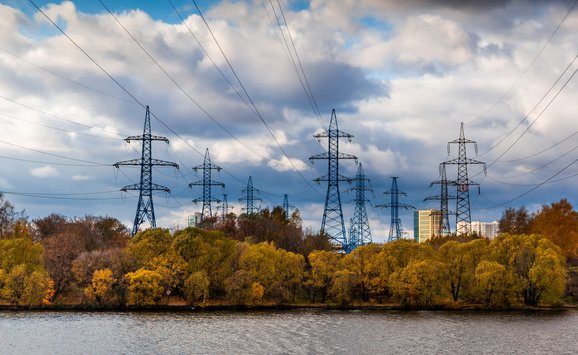
EPA head Bill Reilly with Sens. John Chafee and Al Gore in Rio,1992 (Source: EPA)
Twenty years ago, in a chapter of an RFF book (Global Development and the Environment: Perspectives on Sustainability, 1992 - now available for the low price of $1.75!), I tried to sort out some of the global energy issues then confronting the approaching 1992 Rio United Nations Conference on Development and Environment (UNCED). With leaders reconvening in Rio next month for another “Earth Summit,” it seemed worthwhile to revisit that earlier diagnosis and reflect on enduring energy dilemmas.
The 1992 energy chapter conveyed four major points, here highly encapsulated:
- Fossil fuel combustion remained dominant worldwide.
- Scientific and environmental issues had a tough time getting a hearing in energy policy making.
- Limited – but far from adequate – progress had been achieved in having energy prices reflect social costs. Indeed, widespread subsidization of energy consumption at levels far below market prices signaled precisely the opposite message.
- Despite progress in climate science, initiatives to limit greenhouse gas emissions remained passive. Measures that might have contributed, like more nuclear power and less coal combustion weren’t being constructively pursued.
On the eve of Rio 2012, how do these observations of 1992 comport with prevailing realities? For the most part, the issues and challenges dating from 1992, pretty much endure. At the same time there are some notable successes.
One of the more significant setbacks was the failure to ensure a robust start on dealing with climate change. To be sure, one must credit Rio 1992 with codifying a UN Framework Convention on Climate Change – UNFCCC – which served as the basis for the 1997 Kyoto Protocol on greenhouse gas policy. But given the failings of the Protocol, that step has been a limited accomplishment.
A particular disappointment is the persistence of energy subsidies both in industrial economies but especially in less developed countries (e.g., Nigeria and Venezuela). This has to be judged a real impediment to the level-playing-field mantra that is widely and reflexively invoked, but only glacially overcome, as a condition basic to rational energy decisions on both the demand and supply sides.
A more hopeful augury applies to renewable energy, which seems clearly to be shifting from fringe, do-good impulses to a respectable degree of market emergence. The fact that Texas has achieved a leading rank in U.S. wind power installations may have little to do with unease over greenhouse warming. But when electricity markets (admittedly nudged by subsidies deplored in the preceding paragraph!) work fortuitously in tandem with environmental priors, who cares?
There are other measures that – however piecemeal – push the mitigation envelope forward. Who, twenty years ago, would have expected the EU to set emission caps for CO2 releases from aircraft? Never mind that the recently-enacted policy has prompted rancorous reactions from a number of countries and airlines. Still, the mere injection into policy discourse of an initiative once probably deemed fanciful allows us to view Rio 2012, and beyond with a cautiously upbeat mindset. Or, to cite another recent example, why would the US State of California and the Canadian Province of Quebec draft a joint cap-and-trade regulatory scheme to control CO2 emissions? Thus, it seems that, along with the halting – and largely unsuccessful – effort to craft effective multi-country agreements on greenhouse gas mitigation, one is beginning to see enforceable measures at a decentralized level in the U.S. and elsewhere to rein in emissions.
It is, of course, one thing to bring about economically beneficial changes in energy-using behavior. But some needed changes indisputably do exact – or are seen as exacting -- a price, never mind that it now internalizes externalities previously ignored. This exposes a puzzle. Why would a community or society take it upon itself to bear the onus of restraint when unconstrained non-participants are not only spared any sacrifice but when the net benefit for the global commons – which, after all, is what matters in the greenhouse effect – is so tenuous? Are we here looking at an ethical anomaly – the hint of a “paradigm shift” in the notion that self-interest and rationality drive the human impulse toward some sort of optimal outcome?
All in all, then, there are some trends that lend encouragement; and others that justify something approaching despair. Apply that last thought to how, in the wake of the financial and economic turmoil dating from 2008, the mere mention of global warming in the U.S. would amount politically to an act of suicidal indulgence? A genuine dilemma that is sure to endure beyond Rio 2012 is the recognition that major long-term challenges cannot realistically be allowed to crowd out pressing near-term imperatives, like economic revival. At the same time, continuing to treat elusive long-term issues as a luxury to be resurrected only when the political climate is safe doesn’t seem like an inspired approach either.




